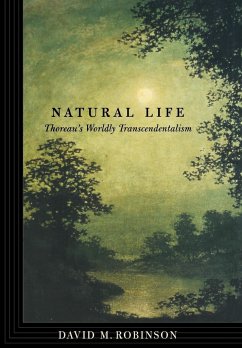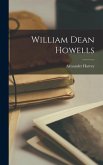"An essential step in Thoreau's recovery of a 'natural life' is to reawaken and expand his awareness of the present moment, not only in the sense of knowing more of the world around him, but of entering into it fully. Admitting in Walden that 'I did not read books the first summer; I hoed beans, ' he also confesses to moments in which he neglected both of these conflicting duties. . . . In periods of reverie, Thoreau gave himself over to his senses, finding a fulfillment in his own attentive presence at the pond and the surrounding hills."--from Natural LifeHenry David Thoreau's Walden was first published 150 years ago, an event celebrated by many gatherings scheduled for 2004 and marked by the publication of this exceptional book. David M. Robinson tells the story of a mind at work, focusing on Thoreau's idea of "natural life" as both a subject of study and a model for personal growth and ethical purpose. Robinson traces Thoreau's struggle to find a fulfilling vocation and his gradual recovery from his grief over the loss of his brother. Robinson emphasizes Thoreau's development of the credo of living a "natural life," a phrase drawn from his first book, A Week on the Concord and Merrimack Rivers. The depiction of the contemplative life close to nature in Walden exemplifies this credo. But it is also fulfilled through Thoreau's later life as a saunterer in the fields and forests around Concord, devoted to his studies of the natural world and dedicated to a life of principle.Natural Life takes note of and encourages growing interest in the later phase of Thoreau's career and his engagement with science and natural history. Robinson looks closely at Walden and the essays and natural history projects that followed it, such as "Walking" and "Wild Apples," and the remarkable and little-observed writing on night and moonlight found in Thoreau's journal.
Hinweis: Dieser Artikel kann nur an eine deutsche Lieferadresse ausgeliefert werden.
Hinweis: Dieser Artikel kann nur an eine deutsche Lieferadresse ausgeliefert werden.








